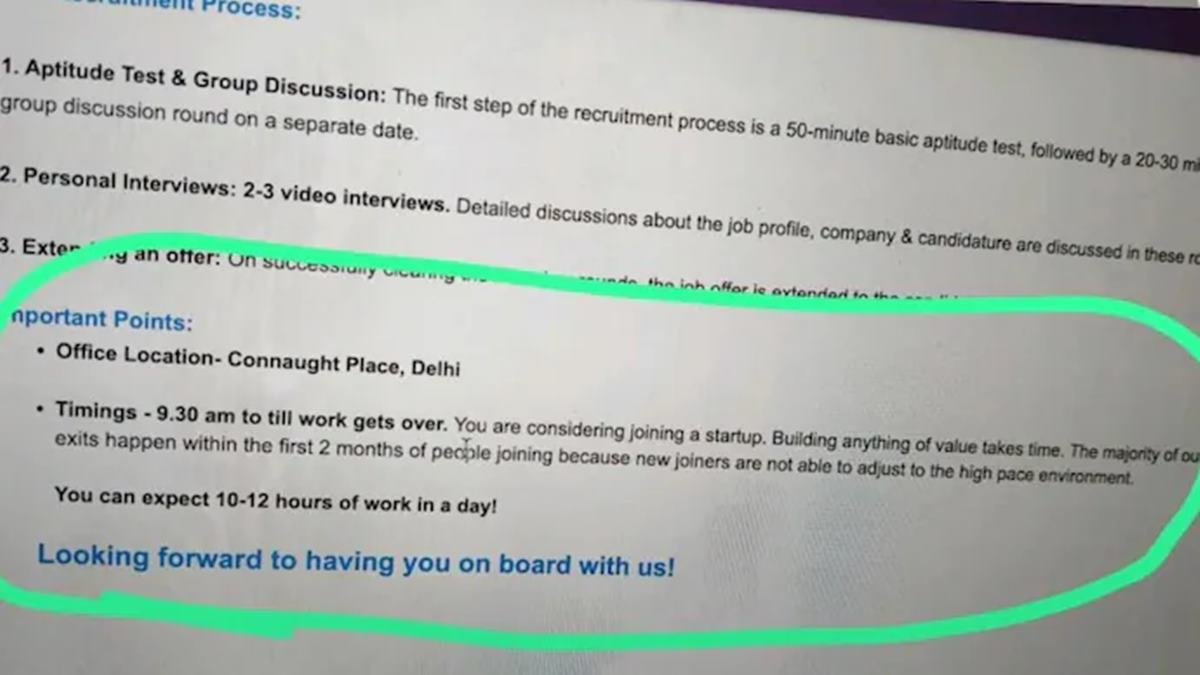Google has changed its Work from Anywhere (WFA) policy so that a single day of remote work now counts as a full week under the scheme.
The Wall Street Journal reported that the company informed employees of the update this month. The WFA policy, introduced during the Covid-19 pandemic, previously allowed staff to work outside their main office location for up to four weeks per year. It was separate from Google’s hybrid schedule, which permits employees to work from home two days a week.
Under the new rules, WFA days cannot be used as additional work-from-home days. The company said the scheme was designed for time spent working in another city, state or country, not for working from an employee’s usual home.
One day equals one week
At an internal all-hands meeting, a Google employee asked why a single WFA day would now be treated as an entire week. John Casey, Google’s vice-president of performance and rewards, told staff that the policy was always intended to be used in week-long blocks. His comments were cited by CNBC.
The change means that staff who spend even one day working outside their primary office location will see an entire week deducted from their annual WFA allowance.
Restrictions on location
Google also set new conditions on where employees can use the benefit. Staff cannot use WFA time to work from home or from locations close to their designated office. Workers who use WFA to operate from another state or country must follow the local business hours in those jurisdictions.
The company said this requirement reflects legal and financial compliance obligations linked to taxation and employment laws. Employees who do not follow the rules risk disciplinary action, including dismissal.
The guidelines do not apply to all staff. Workers in data centres or in roles requiring physical presence are not eligible for WFA.
Context of wider policy shift
The update comes as major technology companies reduce the flexibility they offered during the pandemic. Microsoft has told employees to spend at least three days a week in the office, while Amazon has instructed most corporate staff to work on site five days a week.
Google has also been enforcing its own hybrid schedule. Bloomberg reported earlier this year that the company warned employees who repeatedly failed to comply with in-office requirements could face disciplinary measures. The company has said office attendance will be considered in performance reviews.
In 2023, Google offered voluntary buyouts to some employees as part of restructuring. The company has also carried out job cuts affecting thousands of staff globally, according to Reuters.
Some employees expressed confusion about the stricter calculation of WFA days. At the all-hands session, workers asked whether the restriction could be reconsidered. Casey reiterated that the programme was intended as a week-based benefit, not a substitute for additional home-working.
Google told staff that WFA remains an optional perk subject to managerial approval. Managers may refuse requests depending on operational needs.
The WFA policy is subject to legal frameworks that vary by jurisdiction. Working from a different state or country can trigger tax, social security and labour law obligations for Google and its employees. The company said requiring staff to work local business hours was necessary to comply with these rules.
Google also clarified that WFA is separate from existing sick leave, vacation and hybrid working entitlements. The maximum allowance remains four weeks per year, calculated under the new week-long method.




















